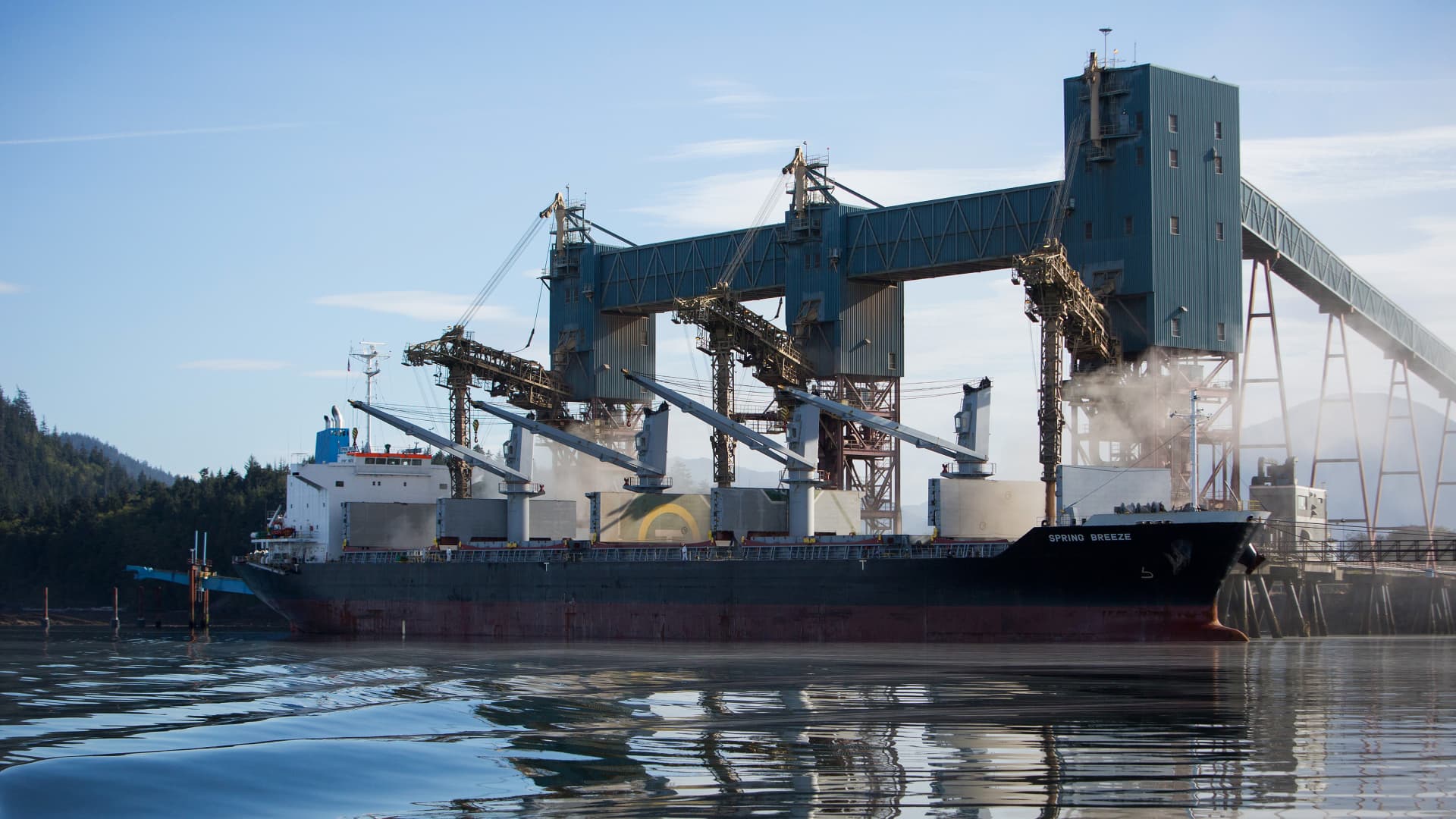Turmoil is currently occurring at the West Coast Canadian ports following a strike by members of the International Longshore & Warehouse Union (ILWU) West Coast Canada. However, the strike was ruled illegal by Canada’s independent Industrial Relations Board since the union did not provide the required 72-hour notice. The workers are currently back on the job while the union works to meet the guidelines set by the board. Despite their return, labor slowdowns are expected, which could lead to inefficiencies. This situation mirrors the recent labor slowdowns on the U.S. West Coast. The ILWU Canada president, Rob Ashton, expressed dissatisfaction with the proposed collective agreement, stating that it does not adequately protect union jobs. On the other hand, the British Columbia Maritime Employers Association (BCMEA), which represents port ownership, argues that the proposed agreement offers a 19.2% compounded wage increase over four years, among other benefits. The strikes have resulted in delays and disruptions to trade, leading to additional costs for cargo containers and supply chain congestion. The Ports of Vancouver and Prince Rupert are vital ports for U.S. trade, and the delays occur during a peak shipping season. The Railway Association of Canada estimates that it will take multiple days for networks and supply chains to recover from the strikes. As a result, the U.S. rail trade is also being impacted, particularly in sectors such as forest products, oil and petroleum, non-metallic minerals, and chemicals. The NACD warns that significant delays in the movement of chemical products are expected until October. Both the BCMEA and ILWU are urged to reach an agreement promptly to ensure the stability of the global supply chain. The Canadian National Railroad expresses concerns about the impact of the work stoppage on the North American economy and emphasizes the need for reliability, stability, and predictability in supply chains. As a result of the labor strife in Canada, ports on the U.S. West Coast and East Coast are becoming crowded, causing a space crunch not seen since the COVID-19 pandemic. Shippers are advised to pre-book containers weeks in advance to secure space with carriers. The strike in Canada will further delay waiting cargo and create further disruptions in the supply chain. It is crucial for freight forwarders to have contingency plans in place and consider alternative ports for unloading cargo.

Union’s ‘illegal’ strike causes disruption at Canadian ports, resumes work after turmoil
Denial of responsibility! Swift Telecast is an automatic aggregator of the all world’s media. In each content, the hyperlink to the primary source is specified. All trademarks belong to their rightful owners, all materials to their authors. If you are the owner of the content and do not want us to publish your materials, please contact us by email – swifttelecast.com. The content will be deleted within 24 hours.
